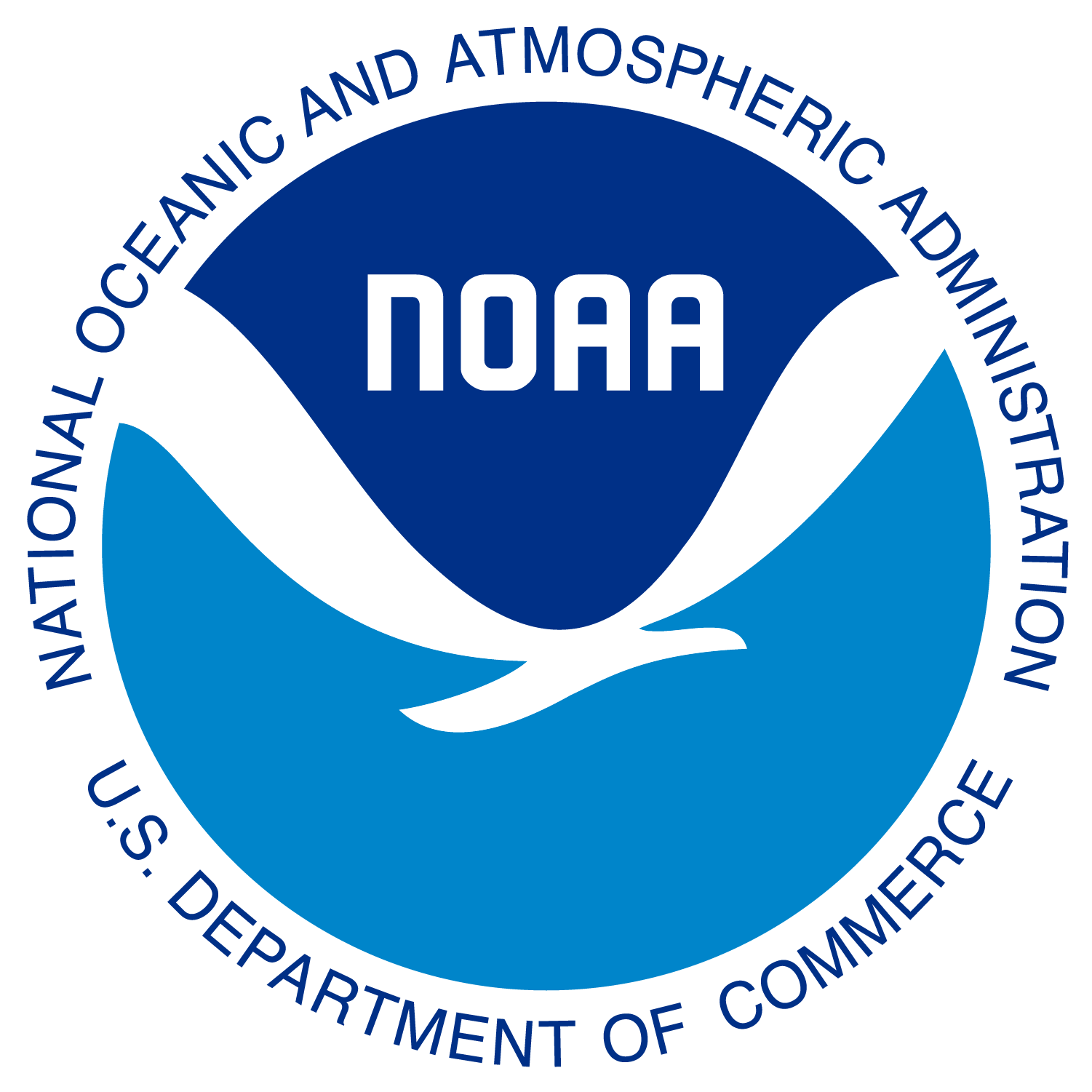Setting up on your computer - Python users
Running from Google Colab
The standard Google Colab has most of the packages you will need. For most of the tutorials, you only need to install earthaccess with
!pip install earthaccess
Running from a Docker file
The easiest way to run the Python tutorials locally is to use the Docker container py-rocket-geospatial; this has JupyterLab and the conda environment that is being used in the JupyterHub. You’ll need containerization software such as Docker Desktop or Podman installed.
Start the docker image
Make sure Docker or Podman is running (open the Desktop application), then run the container:
Windows, Linux or Intel-chip Mac:
docker run -p 8888:8888 ghcr.io/nmfs-opensci/container-images/py-rocket-geospatial:latestApple-chip Mac:
docker run -p 8888:8888 --platform linux/amd64 ghcr.io/nmfs-opensci/container-images/py-rocket-geospatial:latestIf you’re using Podman, simply replace docker with podman in this command and any that follow.
After docker run there will be a long printout in the terminal window, you will see instructions for how to access the server (To access the server...). Copy and paste either of the URLs into a web browser. You should be greeted with a JupyterLab dashboard as in the live demo.
Clone the tutorials
Clone and then cd into the repo. Open a terminal and run
cd ~
git clone https://github.com/nmfs-opensci/EDMW-3B-tutorialsThe Python tutorials are in the tutorials/python directory.
Running R
Note if you also want to run the R tutorials, see the instructions for R set-up. The docker run command is slightly different.
Connect your local files to image
Clone and then cd into the repo. Open a terminal and run
git clone https://github.com/nmfs-opensci/EDMW-3B-tutorials
cd EDMW-3B-tutorialsWindows, Linux or Intel-chip Mac:
docker run -p 8888:8888 -v /$(pwd):/home/jovyan/ ghcr.io/nmfs-opensci/container-images/py-rocket-geospatial:latest
